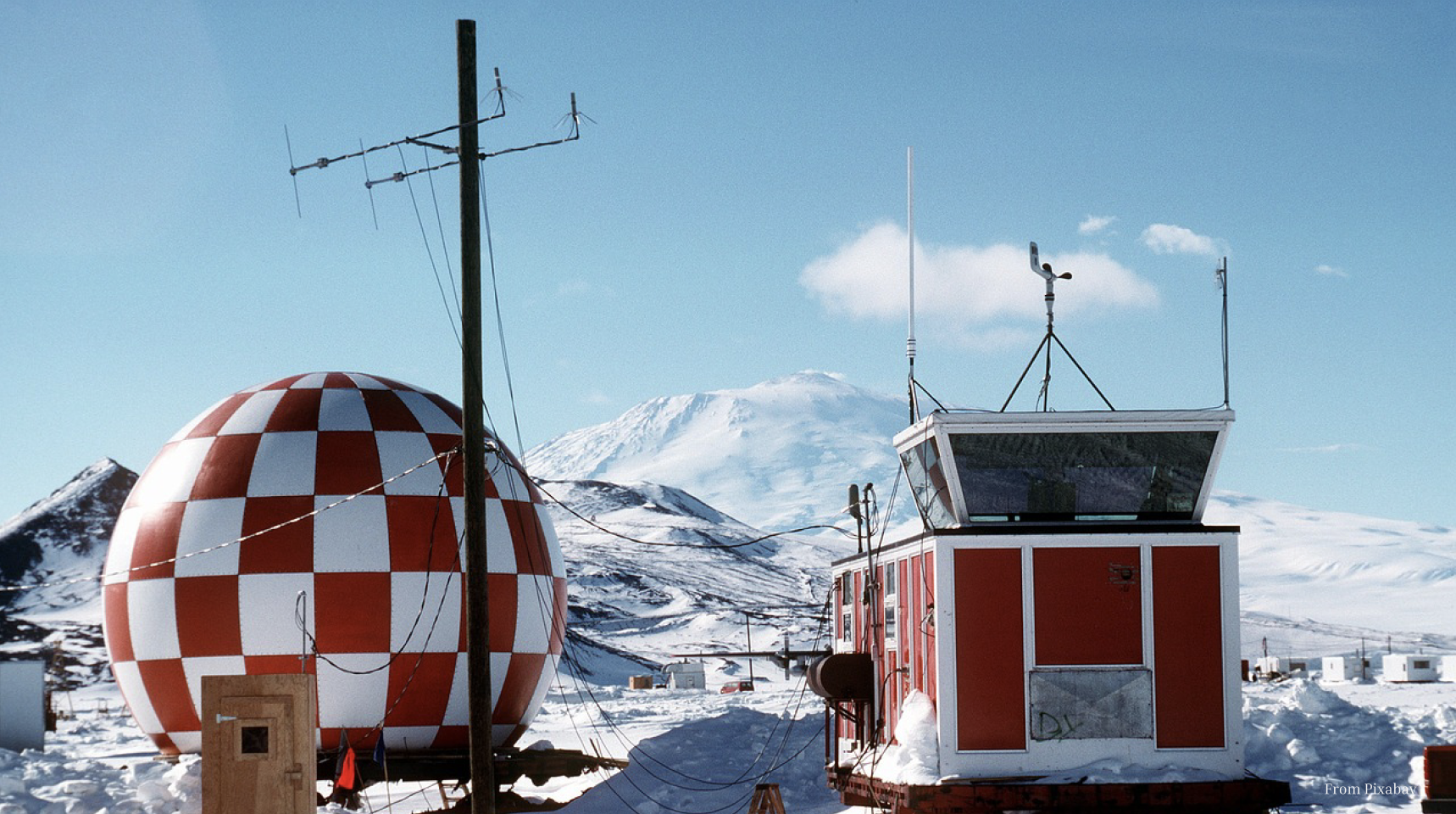
Antarctica, the coldest and most remote place on Earth, is often referred to as the "final frontier" for explorers and scientists. It is not only the fifth-largest continent but also one of the driest, as its icy desert climate sees almost no precipitation. Despite the extreme cold, which can drop to -80°C (-112°F) in winter, and constant darkness for six months of the year, researchers continue to study its unique conditions. Antarctica has no indigenous human population and is governed by the Antarctic Treaty System, which preserves the continent for peaceful scientific research. There are no cities or permanent settlements, but research stations from various countries, such as the U.S.’s McMurdo Station and Russia’s Vostok Station, provide a base for scientists. During the summer, the population of the continent can swell to around 5,000 people, although only about 1,000 remain through the harsh winter.
There are no cities or permanent settlements, but research stations from various countries, such as the U.S.’s McMurdo Station and Russia’s Vostok Station, provide a base for scientists. During the summer, the population of the continent can swell to around 5,000 people, although only about 1,000 remain through the harsh winter.